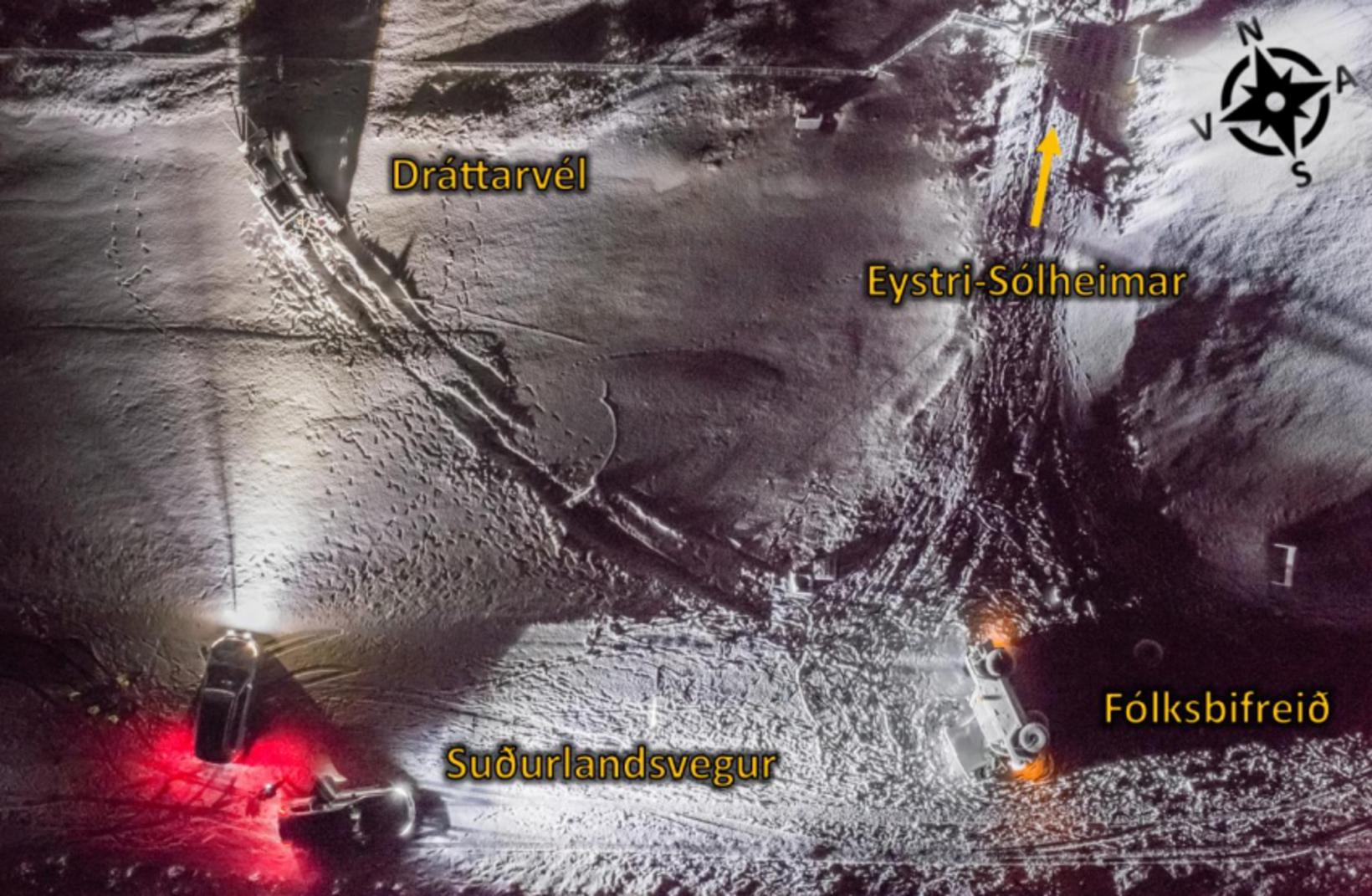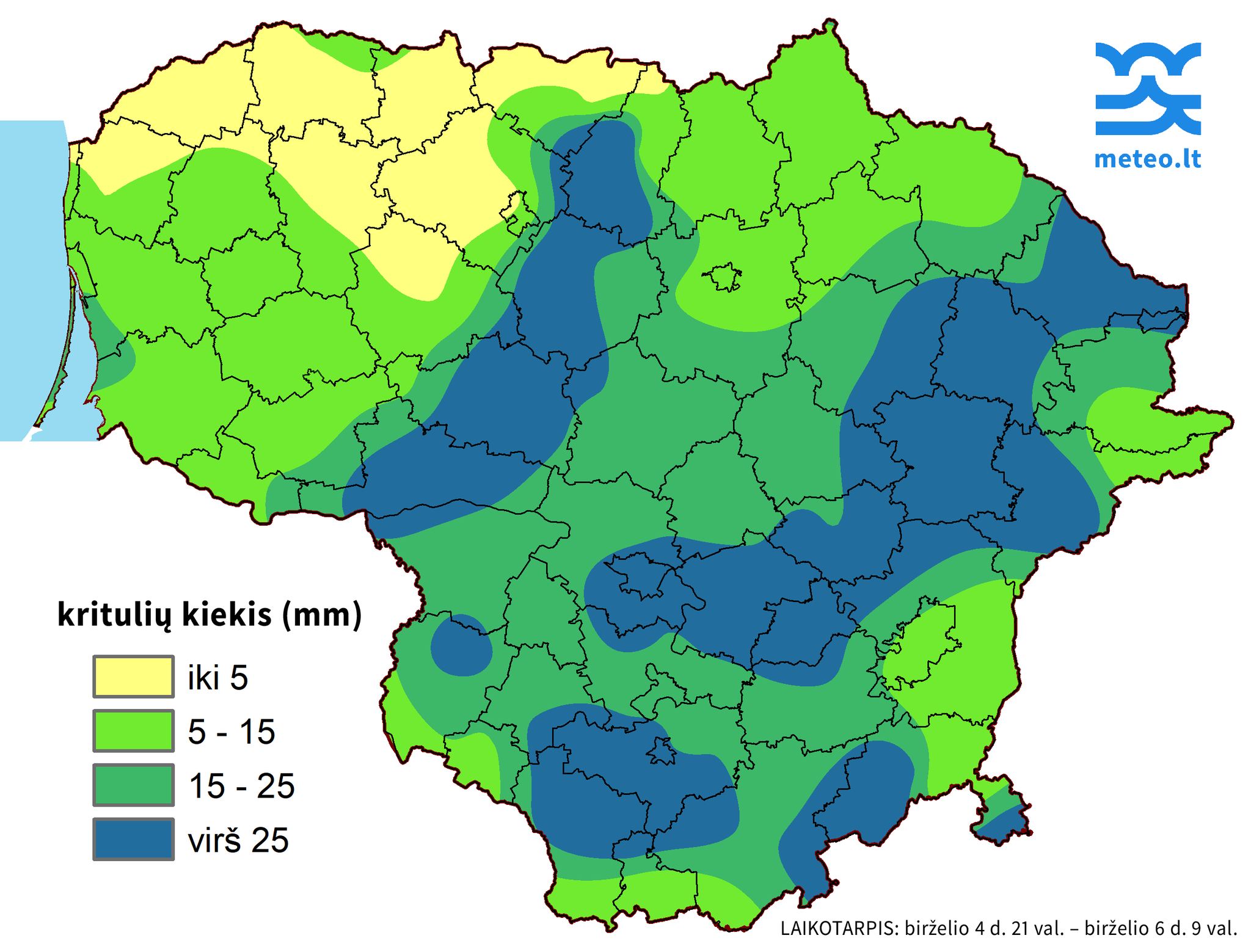Notifying former President Iohannis, at CCR

The Constitutional Court of Romania discusses, on Thursday, the notification of former President Klaus Iohannis in connection with the modification of Article 24 paragraph 3 of the Law of the Land Fund.
The normative act, sent on July 19, 2024 to the CCR, introduces in the category of constructions for which the County Commission of Land Fund will be able to issue, on request, titles of ownership of buildings and former state agricultural enterprises, former commercial companies with state capital at the date of their establishment, by the former stations of agricultural cars, as well as to those.
The former head of the state transmitted that, in the case of the criticized law, the principle of bicameralism is violated. The legislative proposal was tacitly adopted by Senate, on September 18, 2023, and subsequently, in the procedure of the Chamber of Deputies, a decision -making chamber, new amendments were included, which involves establishing a new condition for all applicants, he said.
« Such a legislative intervention, considering its magnitude, the sphere of the holders, the sphere of the entities that built the constructions, the moment when it intervenes, discusses both the respect of the principle of bicameralism and the security of the legal relationships, constituting major changes to the intention of the initiators, » explained Klaus Iohannis.
In his opinion, the constitutional regime of public property is affected. « Regarding the lands in the public property of the state or of the administrative-territorial units, the provisions of art. 136 paragraph (4) of the Constitution establish that: ‘the public property is inalienable. Under the conditions of the organic law, they can be given to the administration of the autonomous or public institutions or can be granted or rented; notification.
« We consider that the transfer of a good from the public property of the administrative-territorial units to the patrimony of another entity could only be carried out by prior crossing of the respective land in the public domain and, subsequently, of its transfer. The operations can be carried out by decision of the County Council, respectively of the General Council of the City of Bucharest, of Respect for the principle of local autonomy ”, said Iohannis.
He added that, in the context of the criticized law, on request, the county commissions will be issued by the county owners of the current owners of the constructions, without taking into account the manifestation of the deliberative bodies of the administrative-territorial units on a case-by-case basis, an aspect that contravenes not only article 136, but also of article 120.
According to Iohannis, the law affects the constitutional regime of private property, provided that the current normative framework does not contain provisions regarding the free transmission of the lands in the state’s private domain, remaining an aspect that falls within the guarantees provided by the Constitution and by the organic legislation in the field.
« In its jurisprudence, the Constitutional Court has recognized the exclusive competence of the Parliament, as a representative body, to establish the free transmission of land in the private domain of the state to third parties, taking into account the satisfaction of objectives of interest for the development of an economic segment in the society, but only on the condition of regulating adequate guarantees, » Iohannis said.
He evoked the lack of clarity of the sphere of the entities for which the new legislative solution is applied, the distinct irregularity of the legal situation of the lands, the confusion regarding the requested areas, their non -limitation, the non -reigning with the provisions in force in the field of heritage of the former cooperative entities and the absence of any rules regarding any rules.
According to the former president, these aspects are likely to generate both a ‘differentiated’ treatment for persons entitled to the recognition of a property right, contrary to article 16 of the Constitution, as well as to question the security of legal relationships, contrary to article 1 of paragraph 5 of the Fundamental Law.








